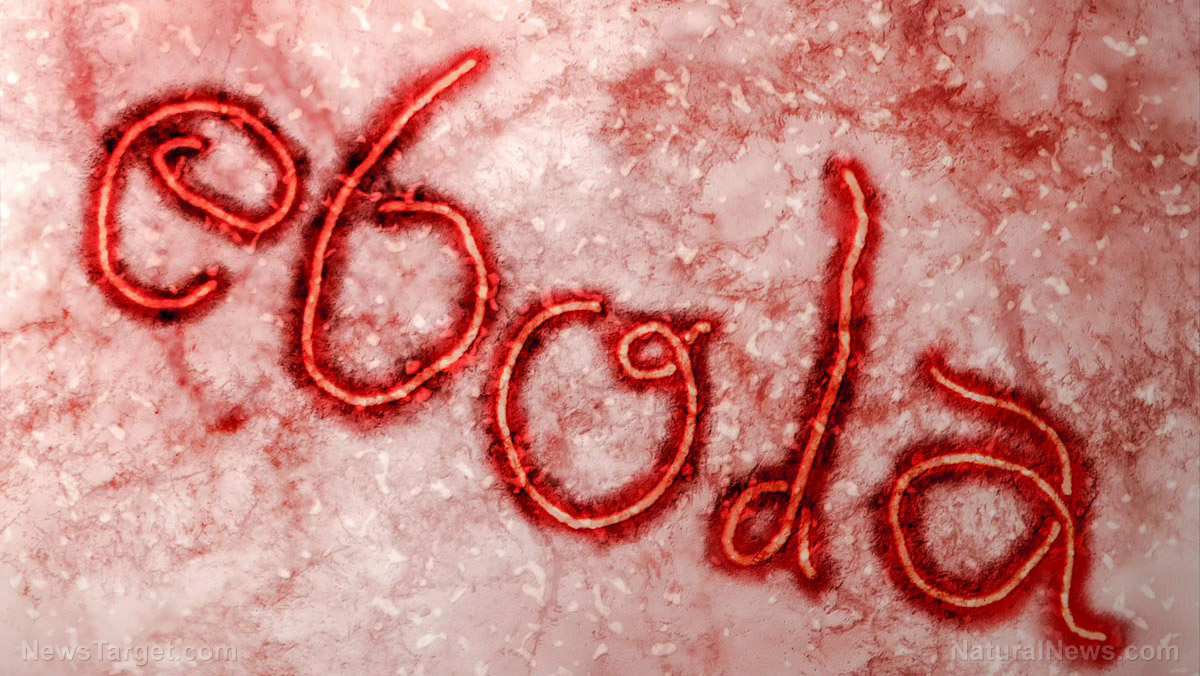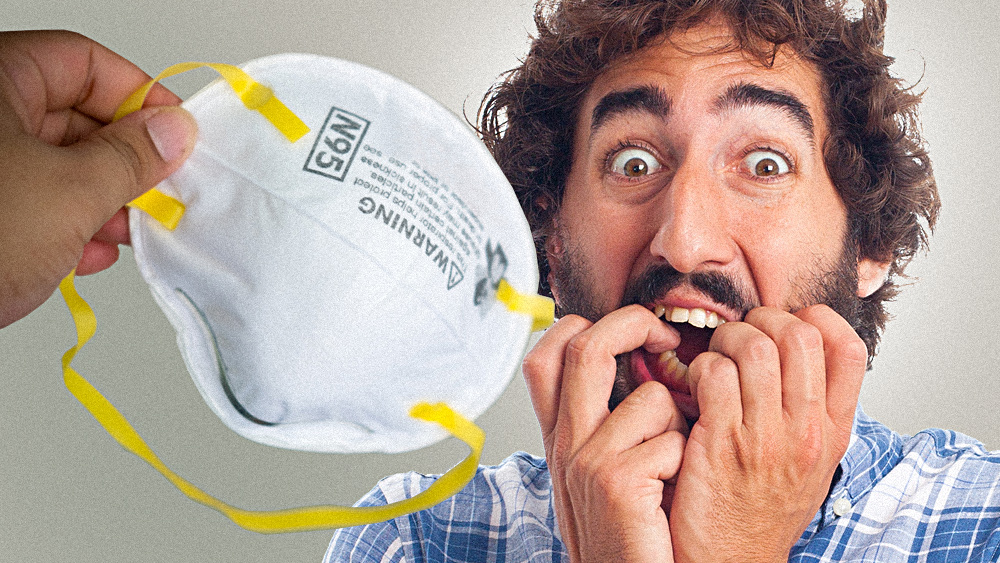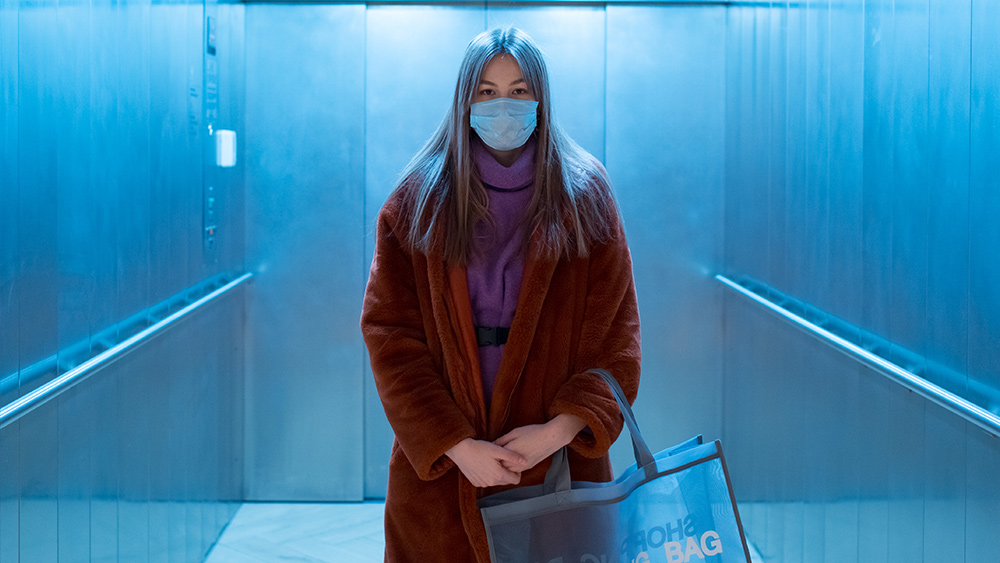
The new study mainly focused on whether or not the coronavirus behind the outbreak can be spread by speaking. It was done in response to reports that asymptomatic carriers -- those who don’t show symptoms such as coughing or sneezing -- are responsible for a large number of infections.
“Speaking may be a primary mode of transmission of SARS-CoV-2,” the researchers write. “Considering that reports of asymptomatic transmission account for 50-80% of COVID-19 cases and that saliva has peak viral loads at time of patient presentation, droplet emission while speaking could be a significant factor driving transmission and warrants further study.”
Infectious particles from speaking
To study how the virus could be spread by simply speaking, the team, led by Dr. Philip Anfinrud, looked at how tiny particles of saliva are produced when a person speaks. To do this, they used ultra-sensitive lasers that monitored a person saying “stay healthy” in a dust-free room. The tests were first performed with no mouth covering, then later with a homemade damp cloth over the speaker’s mouth.
When speaking while unmasked, thousands of droplets were produced. In one 16.6 millisecond snapshot alone, the lasers detected 360 droplets. This translates to 21,600 droplets in just a second of speaking and over a million particles when talking for a minute.
However, when the speaker’s mouth was covered with the damp cloth, the visible droplets were reduced to zero.
“A damp homemade cloth face mask dramatically reduced droplet excretion, with none of the spoken words causing a droplet rise above the background,” stated the researchers in the paper.
“Wearing any kind of cloth mouth cover in public by every person, as well as strict adherence to social distancing and handwashing, could significantly decrease the transmission rate and thereby contain the pandemic.”
The researchers also added that speech droplets can transfer the virus in one of two ways. Droplets can directly infect other people when they breathe them in. In addition to this, the droplets can also deposit the virus on surfaces. This can infect people if they touch these surfaces before touching their mouths or noses.
Saliva contains large amounts of the coronavirus
Droplets released from speaking are still significantly smaller than those emitted by coughing or sneezing, but they’re sufficiently large enough to carry several respiratory pathogens, including those that cause measles, tuberculosis and the flu.
Last month, research published in The Lancet revealed that huge amounts of the coronavirus were present in saliva. This study found that the salivary viral load was the highest during the first week after symptoms appeared then declined over time.
The debate over face masks
Whether or not people should wear face masks to help stop the spread of the coronavirus has been subject of debate throughout the outbreak. On Friday, the Centers for Disease Control and Prevention (CDC) recommended that all Americans wear face masks when they are in public.
“CDC recommends wearing cloth face coverings in public settings where other social distancing measures are difficult to maintain,” they stated.
The World Health Organization (WHO), on the other hand, reiterated on Monday that healthy people don’t need to wear face masks and that doing so doesn’t provide added protection from the coronavirus.
The CDC previously took the same stance as the WHO, but they’ve since changed their tune as more data has come to light on the risk post by asymptomatic carriers. Surgeon General Jerome Adams acknowledged their confusing messaging.
“Based on the best evidence available at the time, it was not deemed that that would have a significant impact on whether or not a healthy person wearing a mask would contract COVID-19,” clarified Adams.
Meanwhile, further studies have shown that coronavirus particles can remain suspended in the air for a long time. This latest study from the NIH, while yet to be peer-reviewed, seems to support the use of facemasks further to slow the spread of the disease.
Sources include:
Please contact us for more information.























